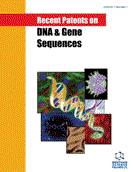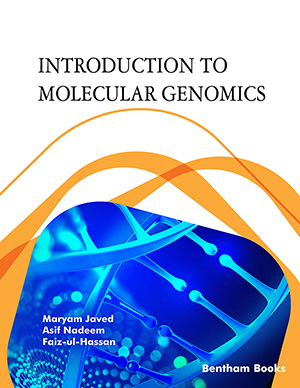Abstract
Phosphoinositide 3-kinases (PI3Ks) play an essential role in the signal transduction events initiated by the binding of extracellular signals to their cell surface receptors. There are eight known PI3Ks in humans, which have been subdivided into three classes (I-III). The class IA of PI3K comprises the p110α, p110β and p110δ isoforms, which associate with receptor tyrosine kinases (RTKs). On the other hand, the class IB PI3K p110γ is regulated by G-protein-coupled receptors (GPCRs). Gene targeting studies in mice have revealed specific biological functions for the class IA p110δ in lymphocyte activation, and the class IB p110γ in inflammatory cell responses. In human cancer, recent reports have described activating mutations in the PIK3CA gene encoding p110α, and inactivating mutations in the PTEN gene, a tumor suppressor and antagonist of the PI3K pathway. Thus, individual PI3K isoforms are potential drug targets for a variety of human diseases, including allergies, cancer, rheumatoid arthritis and arterial thrombosis. In this review, we will discuss recent patents relating to class I PI3Ks, including patents on the cDNA sequences of p110γ and p110δ. Moreover, we will review patents on novel pharmacological PI3K inhibitors and on methods of manipulating T cell responses through PI3K.
Keywords: Phosphatidylinositol 3-kinase, Akt, receptor tyrosine kinase, G-protein-coupled receptor, cancer, inflammation, rheumatoid arthritis, allergy
 20
20











